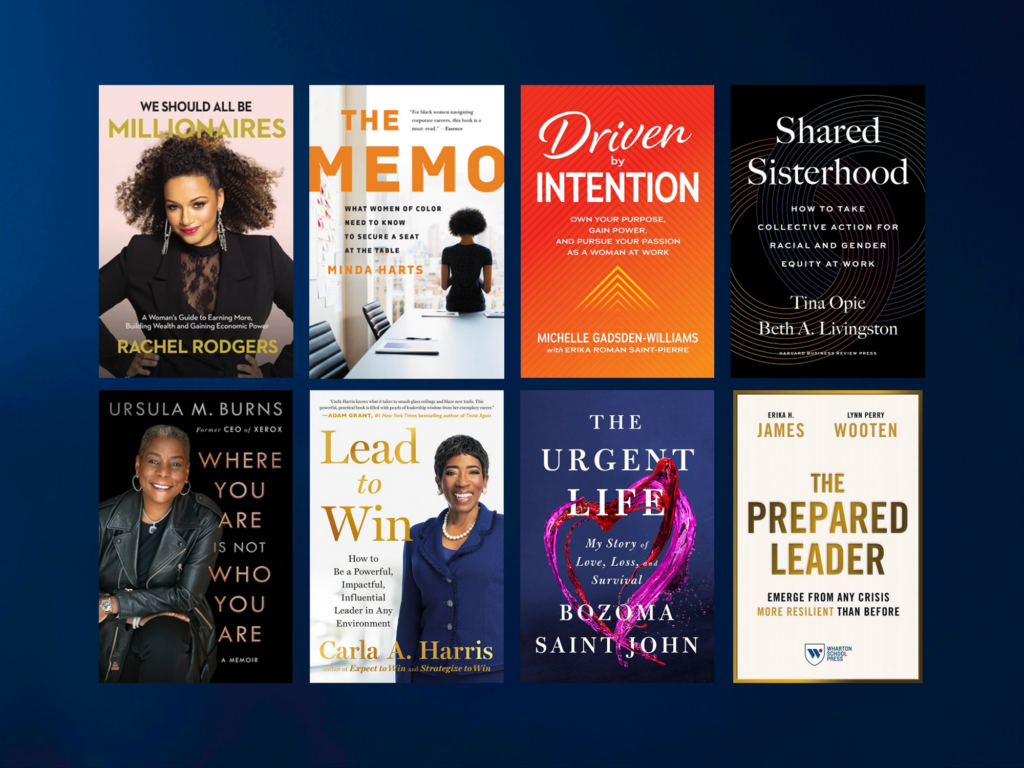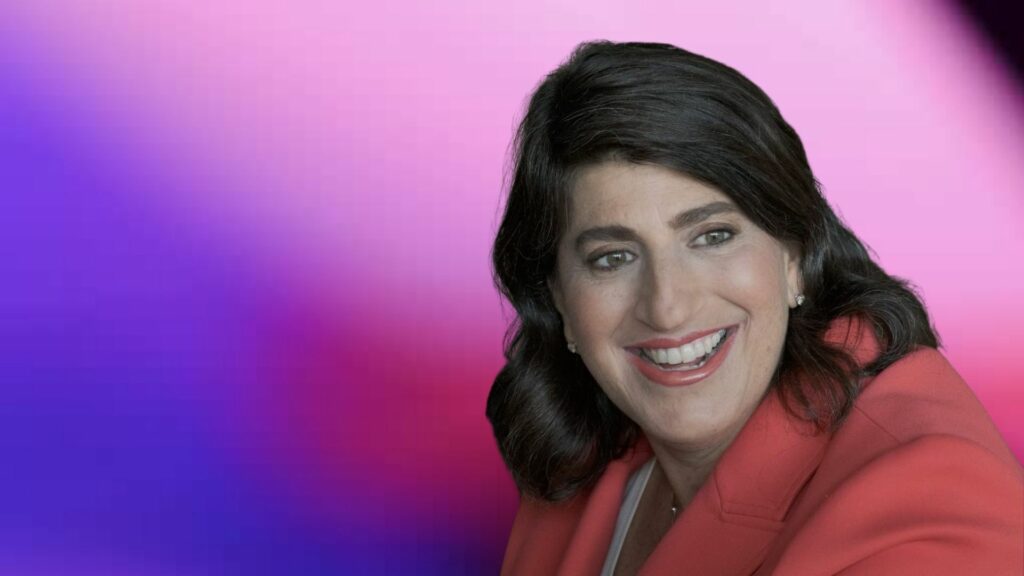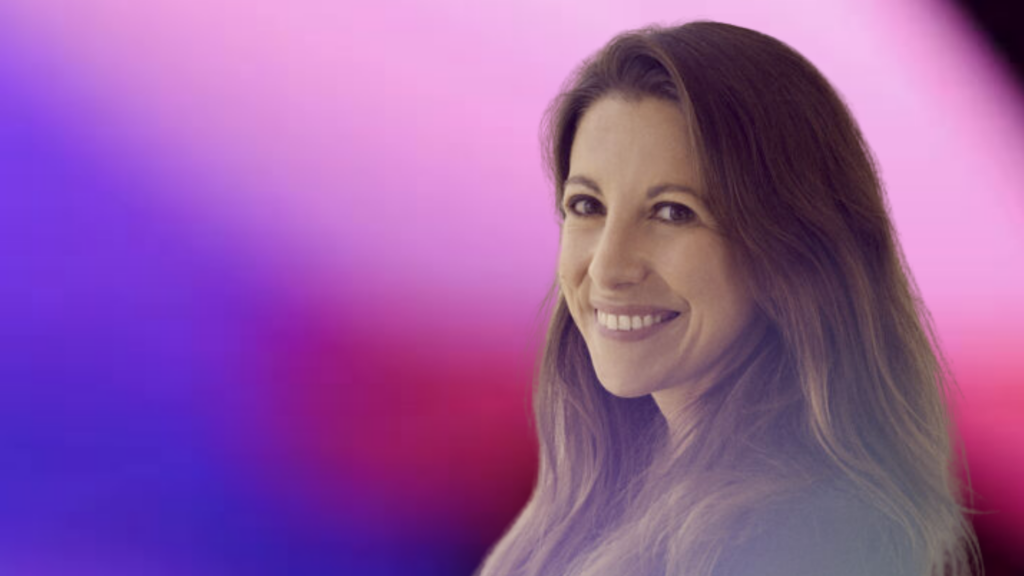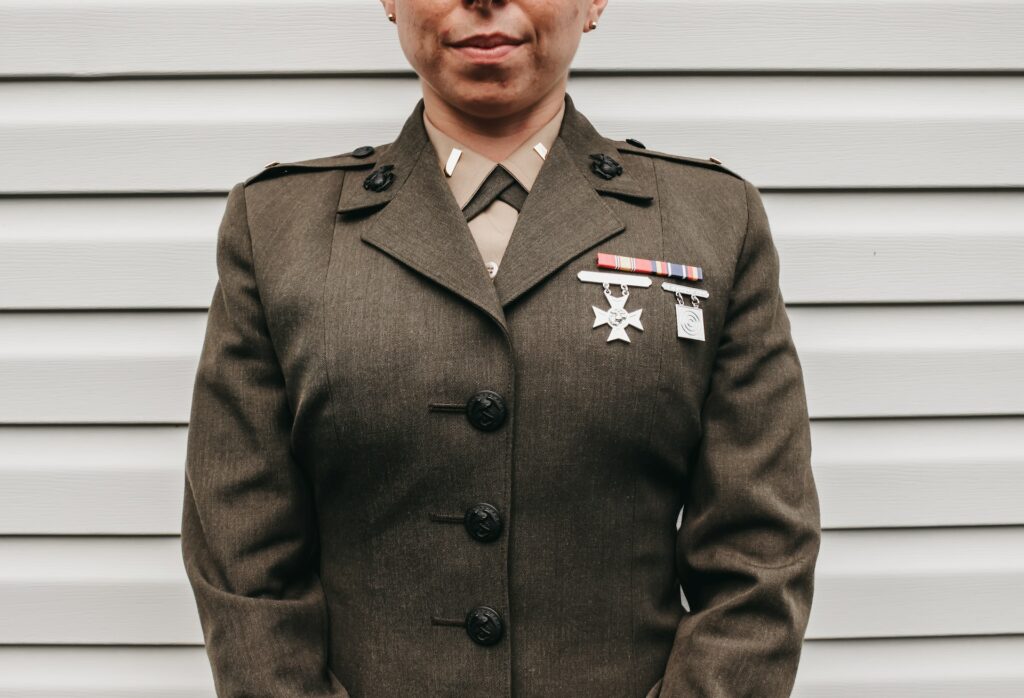An MBA talks Veterans Day, career, bschool, and motherhood
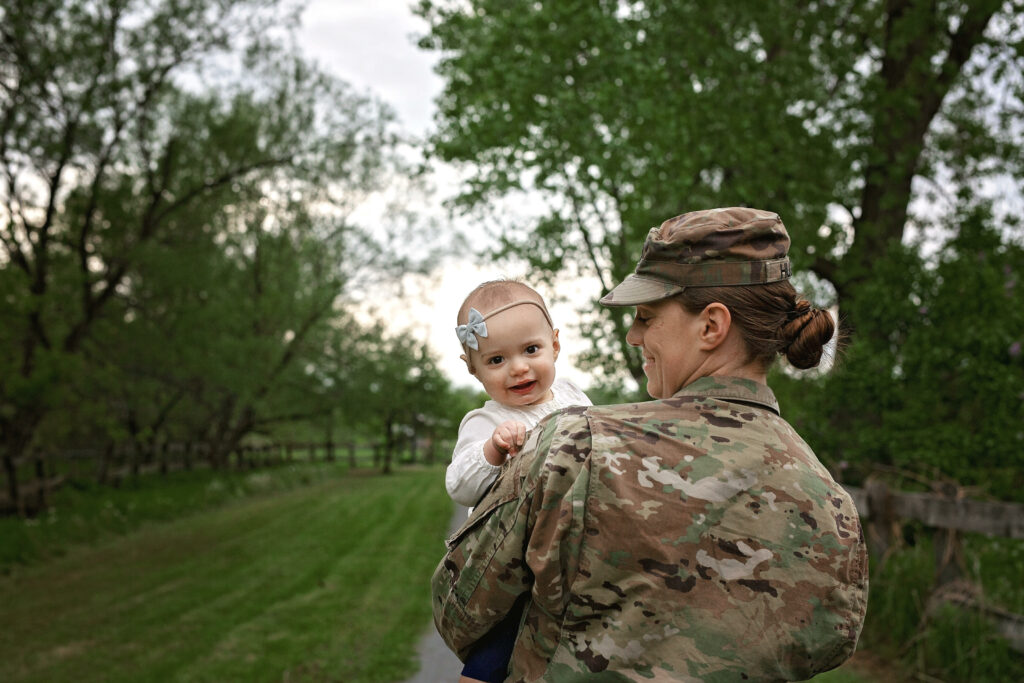
As a US Army veteran currently serving as a Field Artillery Officer in the National Guard, an MBA, a professional consultant, and a mom of four, Brianna Hughes knows a thing or two about time management.
“Be intentional with where you spend your time and your energy,” says Hughes. “That’s your most valuable resource, so don’t spend it on a whim.”
To commemorate Veterans Day, Hughes shares some insight with MBAchic as to why she chose to pursue business school, what she wants others to understand about student veterans, and why she hopes we can all evolve beyond the phrase thank you for your service.
Upon graduating from the United States Military Academy at West Point, Hughes was commissioned as a Second Lieutenant in the US Army assigned to the Field Artillery branch. She spent five years on active duty serving in a variety of leadership and staff positions as a Field Artillery officer before transitioning from active duty to the National Guard so she could continue serving while pursuing a new civilian career. She received her MBA from the Carlson School at the University of Minnesota and started a role in management consulting at Slalom Consulting. Throughout her personal and professional journey, her husband Alek has been by her side, along with their four children – the oldest is six and the youngest just two months.
As a veteran, Hughes says there is one major skill that has carried her from serving in the military to applying to business school and pursuing a new career in consulting.
Grit.
“Grit. That’s honestly what I have found is something that I learned from experience in West Point in the Army that has been applicable as I’ve progressed in my military career but also as I’ve pivoted to business school, a civilian career and honestly just life, parenthood,” says Hughes. “That mental, physical and emotional resilience that is developed by constantly being challenged while simultaneously being an environment that compels you to overcome.”
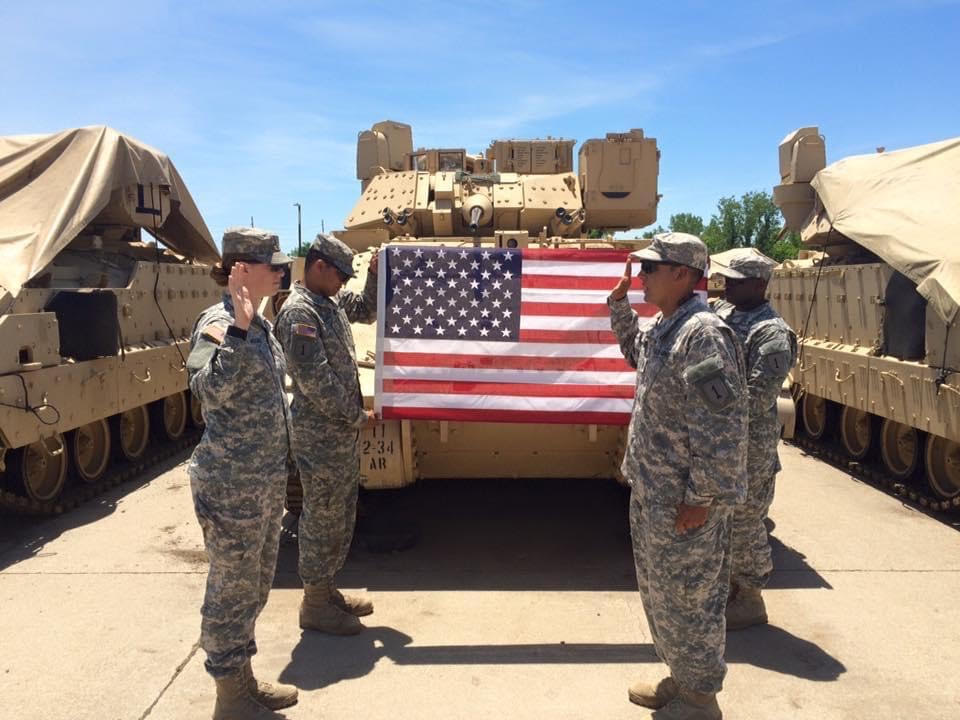
Just like in military training, some professional situations call for methodical discipline, while others require scrappy creativity on the fly – a dynamic skill set that veterans tend to bring to the corporate table.
“Whatever the challenge is, whatever area of life for me – and I think for a lot of veterans – we have a knack for being able to face challenges over and over without losing our fervor, our determination,” she adds.
Looking to serve our military while pursuing higher education? To succeed, Hughes says stay realistic and prioritize goals.
“Don’t jump into an MBA because it’s like, oh well this seems like the “thing” to do. The more clear you can be about your goals and your plan, the better. That way the areas where you need to be all in, you can commit yourself fully.”
She pulls no punches when it comes to the pressures women face, particularly female veterans who also attend school, and care for family members.
“I think as women in general, balance is honestly bullshit,” Hughes says.
“We’re faced with so many different areas of our lives where we’re always expected to be giving a hundred percent and we need to understand that if we’re giving a hundred percent somewhere, we need to pull back in other areas in order to truly be our best. Know what your goals are so that you can be intentional with where you spend your time and your energy.”
While still on active duty, Hughes began mapping out her next phase of life and knew she needed to take the GMAT to accomplish her goals. For her, that meant completing a training exercise in the field before heading to study math inside her tent.
“At that time I was fitting studying into the margins of my life,” recalls Hughes.

While pursuing her MBA, she gave birth to her third child at the height of the Covid-19 pandemic in 2020. As she navigated becoming a stay-at-home parent for a time, she lightened her course load that semester to create more flexibility for herself and her growing family.
For anyone interested in maintaining a military career, higher education, and a civilian career, Hughes suggests finding the flow that fits each unique lifestyle.
“You have to become that master of having clarity of what’s important at any given season so that you show up as your best self in the right places at the right times,” says Hughes.
Like many veterans and active military members, an online MBA made the most sense for Hughes.
Flexible online class schedules and accelerated programs allow soldiers to manage their time more effectively and study when it’s convenient.
“So going online, I had to be the captain of my own ship making sure that I still attended the networking events and this was of course also during the pandemic, so suddenly everything went virtual and I was able to really plug into all of the different opportunities,” recalls Hughes.
During the pandemic, Carlson’s model provided classes with full-time students, part-time students, online asynchronous classes, and weekly live Zoom classes.
Historically, veterans struggle with job placement after serving, despite possessing valuable and highly transferable skills.
Junior enlisted service members, women veterans, and veterans of color face the most barriers when transitioning to civilian employment.
One contributing factor? Compared to conversations surrounding PTSD, transition stress is often overlooked, but can compound with other difficulties navigating veteran resources, leaving service members feeling overwhelmed and lost.
Between 4.7% and 19.9% of veterans experience PTSD, while 44% to 72% experience high levels of stress when returning home from active duty, according to research by George A Bonanno, a professor of clinical psychology at Columbia Teachers College, and Meghan Mobbs, a Ph.D. student and former US Army officer.
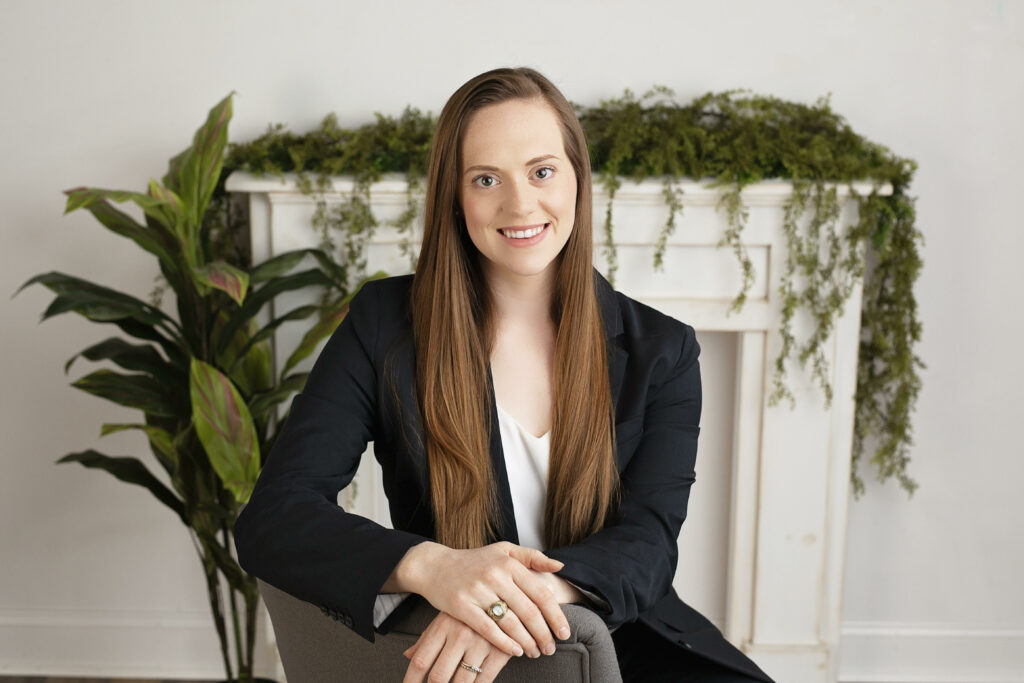
“I think that there needs to be more organization, but the best thing that somebody who’s coming up on transitioning from the military to a civilian career can do is to talk to other veterans who have already accomplished whatever it is that they’re trying to do,” explains Hughes.
By connecting with other veterans at a target business school or with those working within a specific industry, veterans can find out more about other experiences and learn about culture fit to make personalized decisions about future goals. Plus, for those whose veteran status is well known at work, sharing this intimate piece of identity is largely a positive thing. Six-in-ten employed veterans whose coworkers are aware of their military service say people they interact with at work generally look up to them because of their military experience according to Pew research.
The meaning of Veterans Day looks different for each service member.
Hughes is still deciding how she will teach her kids about the significance of the day but says family will always be top of mind on November 11th.
“I always call or text my dad,” she says. “For me, military service is a family thing. My dad served, my brother served my sister’s currently in the Air Force. But I think going forward what I would love to see Veterans Day become is a time for more conversations that go beyond thank you for your service.”
Her advice to companies, civilians and veterans alike?
Ask questions to break down barriers and don’t shy away from deeper discussions that raise awareness. Ultimately, this is how we can do a better job together at integrating veterans into work cultures and build stronger communities.
Photos from Brianna Hughes




